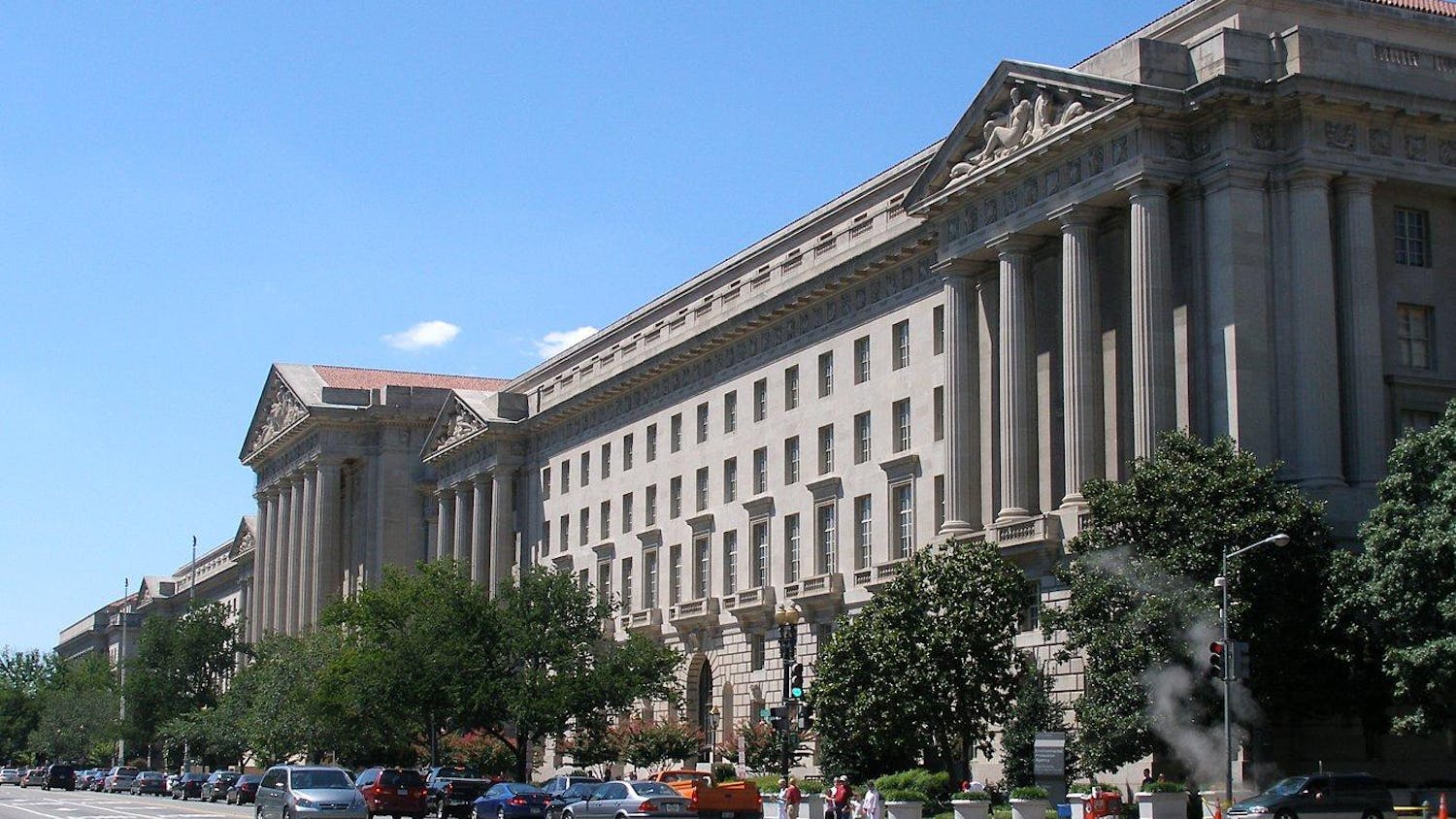The cafeteria was crowded with students enjoying lunch between summer exams. In an instant, a bomb concealed in a bag left near a table exploded, tearing flesh from limbs. Corpses lay on the floor, while survivors wailed, covered in blood. Seven people were killed, including five Americans; about 80 people were wounded, including Israelis, Arabs, Americans and South Koreans. The attack, perpetrated by Hamas at the Hebrew University’s Frank Sinatra International Students Center, in July 2002, occurred during the Second Intifada, a period of increased Israeli-Palestinian violence. From 2001 to 2006, 1,070 people were killed and 6,384 were injured by Palestinian terrorists who selected targets with the intent of inflicting maximum civilian casualties: supermarkets, school buses, nightclubs, malls and hotels. Since 2002, however, there has not been another terrorist attack at Hebrew University; the Israelis learned from the attack, and campus security was improved.
Tactics introduced by terrorists in Israel often spread abroad. Terrorists attack nightclubs in Tel Aviv and then in Paris. Public transportation is bombed in Israel, and then trains are blown up in London and Madrid. Cars and trucks are used to ram passengers waiting at bus stops in Jerusalem and then they are used to kill pedestrians in London, Barcelona and New York City and injure students and professors at Ohio State University. Knives are used to kill civilians in Israel and then they are used to attack shoppers in St. Cloud, Minn. And then, of course, there are the seemingly endless attacks on schools and other public spaces by lone gunmen using handguns, automatic rifles and IEDs, motivated by hate, paranoia, disaffection or a sense of political or social injustice. Israel has been forced to learn to confront and contain all of these threats.
That is why the March 4, 2018 “Letter Regarding TUPD Training in Israel,” written by Associate Professor of Anthropology Amahl Bishara, is misguided. Signed by more than 200 members of the Tufts community, it criticizes the university for sending Tufts Director of Public and Environmental Safety Kevin Maguire, whose responsibilities include overseeing the Tufts University Police Department (TUPD) and Tufts office of emergency management, to a counter-terrorism seminar in Israel. Experience has shown that there are no public spaces immune from the scourge of violent attacks on civilians — including university campuses — and it is naïve to think (or plan) otherwise. Indeed, Maguire is obligated to ensure that TUPD, Tufts emergency management and Tufts Emergency Medical Services (TEMS) are prepared for all eventualities, even though Professor Bishara may be correct that there is “little reason to believe that terrorism is a pressing threat to our campus.” It is unpleasant to contemplate a violent attack occurring at Tufts, but recent events demonstrate that such a possibility — call it terrorism or call it a “school shooting” — is not unfathomable. Maguire’s job is to fathom such events and to ensure that Tufts is prepared to prevent and respond to catastrophes.
It makes sense that Maguire — the person responsible for the safety of over 10,000 students, 1,500 faculty and 3,300 staff on Tufts’ campuses — would seek to learn from other law enforcement institutions in the United States and abroad, including Israel, that have experience dealing with these types of threats. It seems quite likely that some of what Maguire learned in Israel about counter-terrorism is translatable to other, more likely threats to an American college campus.
Professor Bishara expresses concern that the university has suppressed information regarding Maguire’s visit and speculates (or accuses) that Maguire returned from Israel having absorbed what the Tufts chapter of Students for Justice in Palestine (SJP) characterized in their recent op-ed in The Tufts Daily as racist ideologies and tactics. It may well be, given the hyper-sensitivity surrounding this subject, that the university should be more transparent in explaining to the Tufts community the nature of the training Maguire received in Israel. However, the implication, for example, that Maguire’s visit will translate into nighttime raids on Miller Hall because the Israeli army conducts anti-terror raids in the West Bank, is fanciful. It also does not seem likely that Maguire’s takeaway from the training he received in Israel would be to focus on keeping a closer eye on students of color simply because Israel’s anti-terror efforts are focused on Palestinian terrorists; rather, it seems reasonable to assume that Maguire is aware that it is far more common for a terrorist or gunman in United States to be a white male.
Professor Bishara’s letter, like the SJP op-ed, appears to be motivated less by a real concern about possible “militarization” of campus police departments but rather by a desire to advance the agenda of the Boycott, Divestment and Sanctions (BDS)movement, which insists that Israel is undeserving of economic and cultural engagement with the international community, including hosting Americans at security seminars. Israel is imperfect, including in the realm of security, but at least its citizens, artists, intellectuals, news media and civilian and military leaders struggle with those imperfections in the context of a very challenging security situation, which is often more than can be said about many of its opponents and adversaries.
The suggestion by Tufts SJP in the op-ed that Maguire would have learned techniques such as racially profiling all black and brown people as “terrorists” and “enemies of the state” ignores the dual and complex reality that is modern Israel. Israel’s police and army must confront a real and ongoing Palestinian terrorist threat (which BDS supporters often deny, rationalize or ignore) while, at the same time, being tasked with protecting a diverse population of black and brown people — brown Jews, expelled from Arab countries, who now make up more than half of Israel’s Jewish population; black Jews airlifted from Ethiopia; over 1 million Arab Israelis; and guests and visitors from all over the world. Thus, it is disingenuous to argue that Israel’s security forces target brown and black Middle Eastern people because of a racist ideology; Israel targets suspected Palestinian terrorists because the most significant terrorist threat in Israel is posed by Palestinians. The reliance on inflammatory buzzwords plucked from American social and political discourse to advance arguments against Israel shows either a deep misunderstanding (or denial) of the very real threat of Palestinian terrorism faced by Israel or a desire to demonize Israel above all else.
Just as Israel has an obligation to protect its citizens, the university and TUPD have an obligation to protect this campus. Denying that there is anything to be learned from others with experience is unwise. That does not mean we are unsympathetic to the concerns expressed by those in the community who agree with Professor Bishara and SJP but, absent evidence to the contrary, we are unwilling to assume that Maguire and TUPD are incapable of implementing what was learned in Israel in a way that ensures the rights, safety and peace of mind of all those on the Tufts campus.
More from The Tufts Daily





